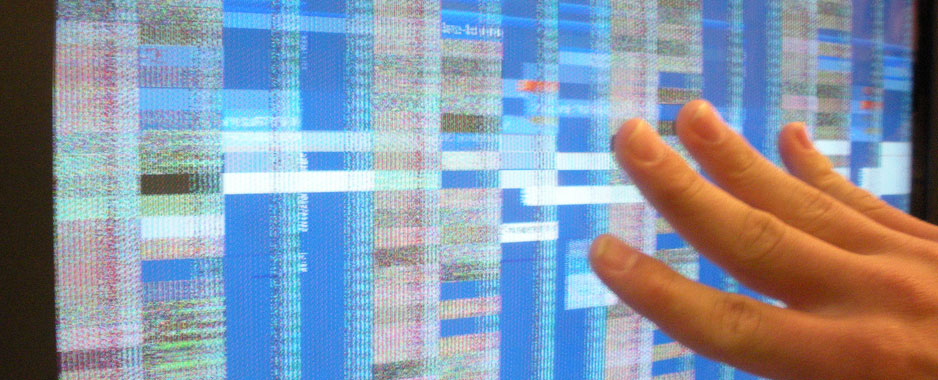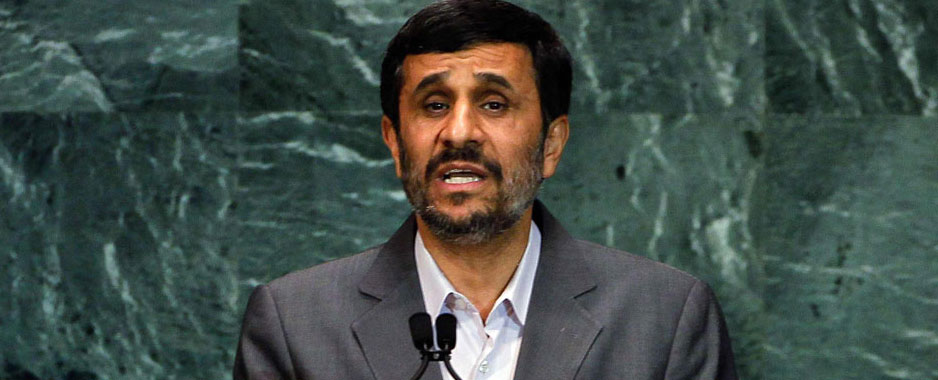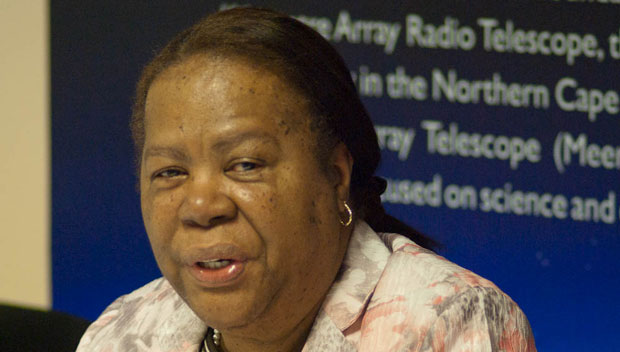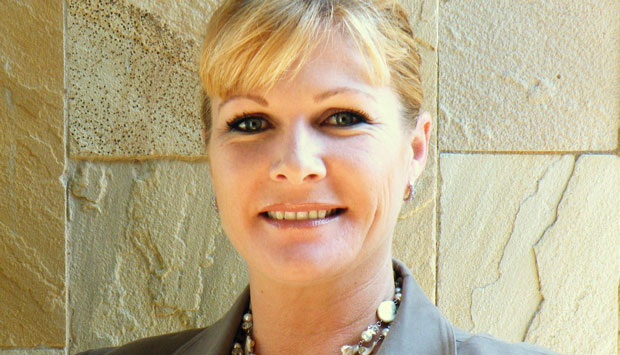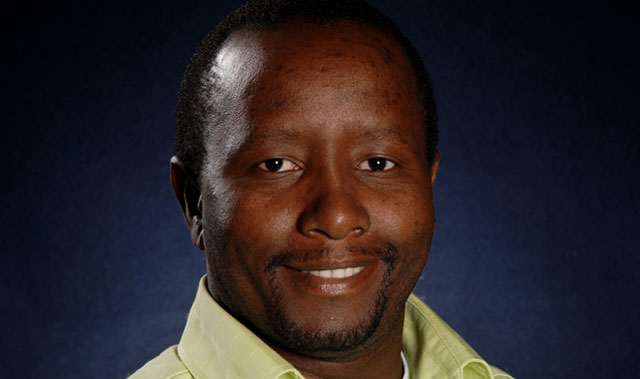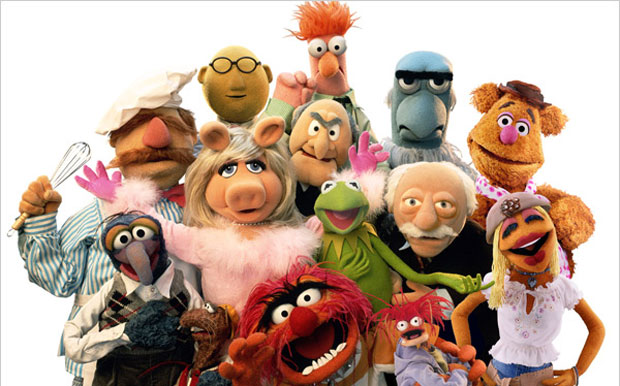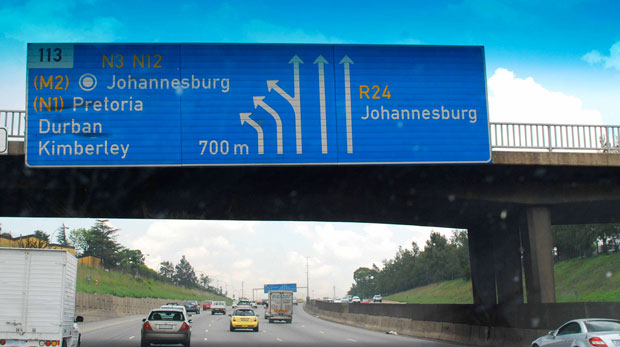A common frustration with London’s subsidised cycle-hire scheme is that it can be insanely hard to find a bike in rush hour, or a vacant docking slot at the end of a ride. Savvy cyclists tap an icon on their smartphones that shows them where to look. The widget, devised by Little Fluffy Toys, covers 32 cities in countries from America to
MTN is facing a storm over claims that it helped the Iranian government to spy on local subscribers and assisted the regime in its brutal crackdown on protesters in 2009 and 2010. In court papers lodged in the US last week, rival mobile operator Turkcell alleged that MTN told its Iranian military-linked partners it
Science & technology minister Naledi Pandor is disappointed at the delay of the announcement of whether SA would host the world’s largest radio telescope, the Square Kilometre Array (SKA), she said on Wednesday. “I am disappointed at the delay. I hope that the SKA Organisation will make a decision in the first
Telkom has embarked on a multibillion-rand refresh of its access network into homes and businesses. Investors will probably decry the cost of taking fibre-optic infrastructure closer to and even into homes, but group CEO Nombulelo Moholi is at least leading the fixed-line operator in the right direction
Fibre telecommunications industry lobby group, the FTTH Council Africa, has decided to take legal steps against the Ekurhuleni metropolitan municipality over a moratorium on new fibre projects in the vast East Rand region. The council has been threatening
The Democratic Alliance will submit a request in terms of the Promotion of Access to Information Act for access to copies of records relating to cellphone operator MTN’s business activities in Iran. Party MP David Maynier said on Wednesday allegations
Greg Smith’s resignation op-ed in the New York Times must surely take the prize as the most talked about resignation op-ed of all time. Smith’s fans argued that his article was just one more proof that a once great company, Goldman Sachs, is on the skids. His
Vodacom SA has announced new flat-rate fees for customers roaming in half a dozen African countries in which it and parent Vodafone operate. Aside from reduced rates, the biggest benefit to Vodacom users is the fact that incoming calls and SMS messages are now free
SA universities are partly to blame for a lack of innovation in different industries, science & technology minister Naledi Pandor said on Wednesday. “Our research and development surveys show that too little local business research and development is
Live testing of Gauteng electronic toll transactions for road users with e-tag accounts would start this week, the SA National Roads Agency Limited (Sanral) said on Tuesday. “Road users who have registered for Gauteng e-tolling and fitted an e-tag to their vehicles are advised that their e-tags will start


